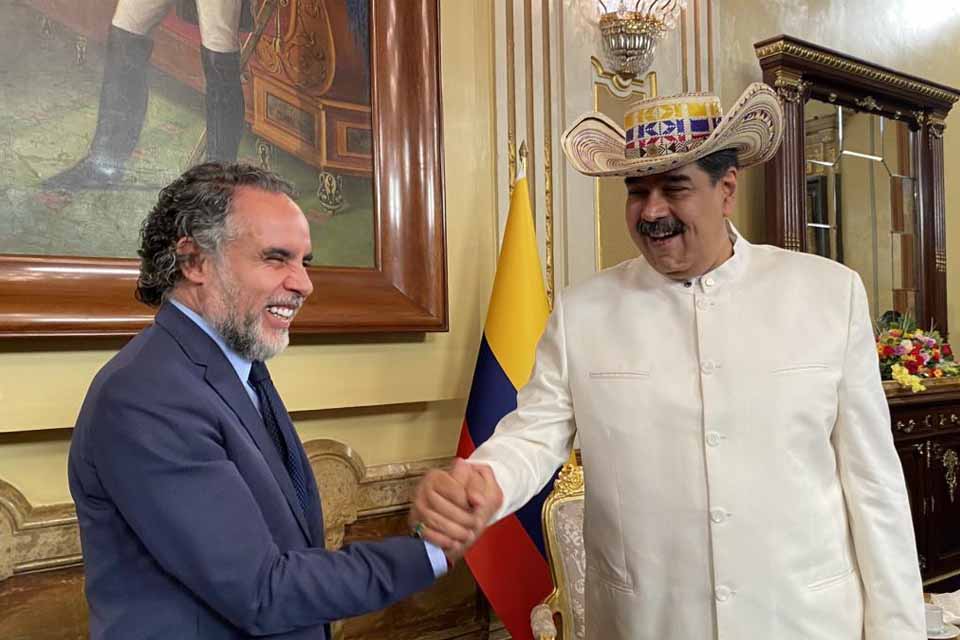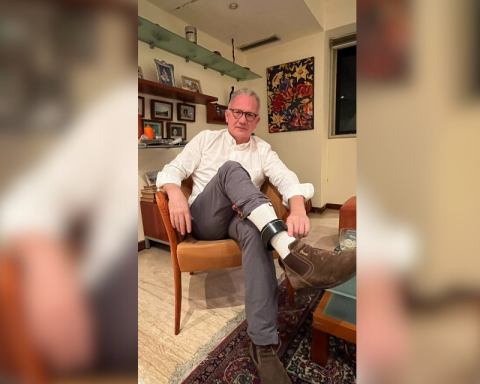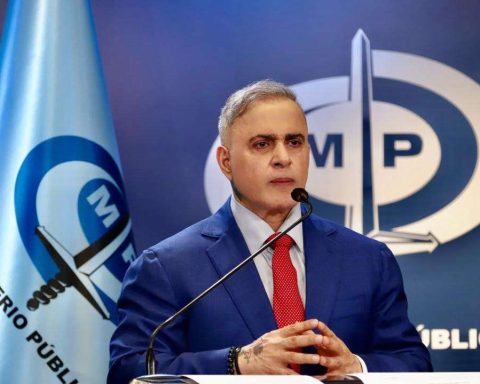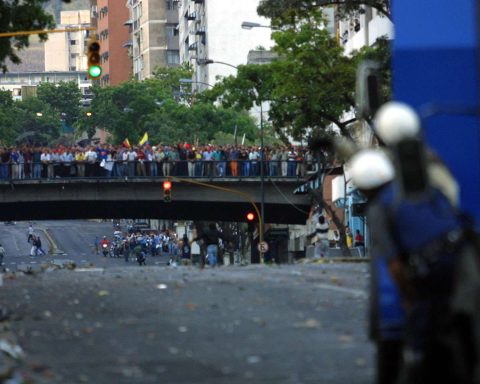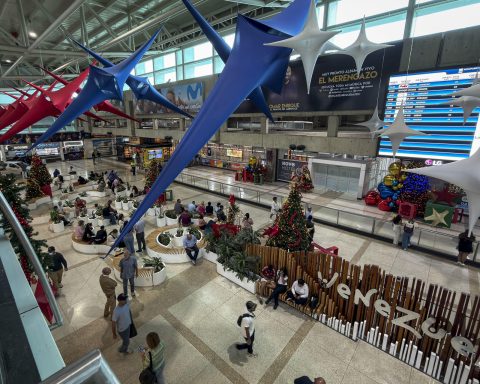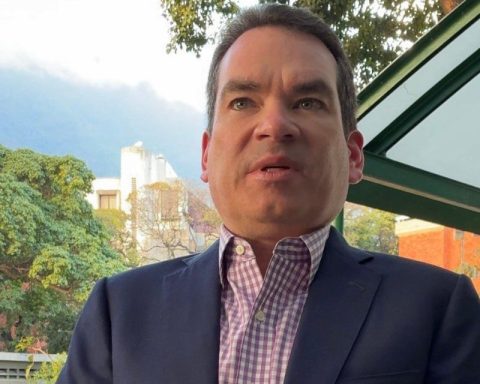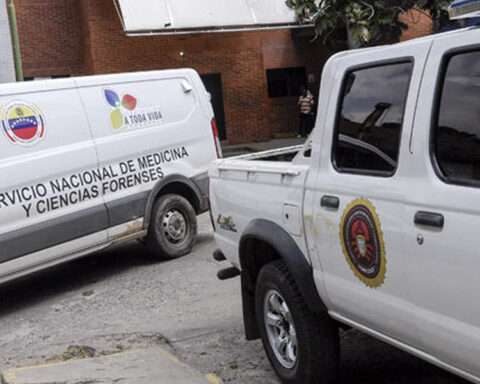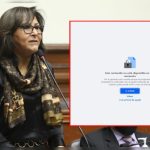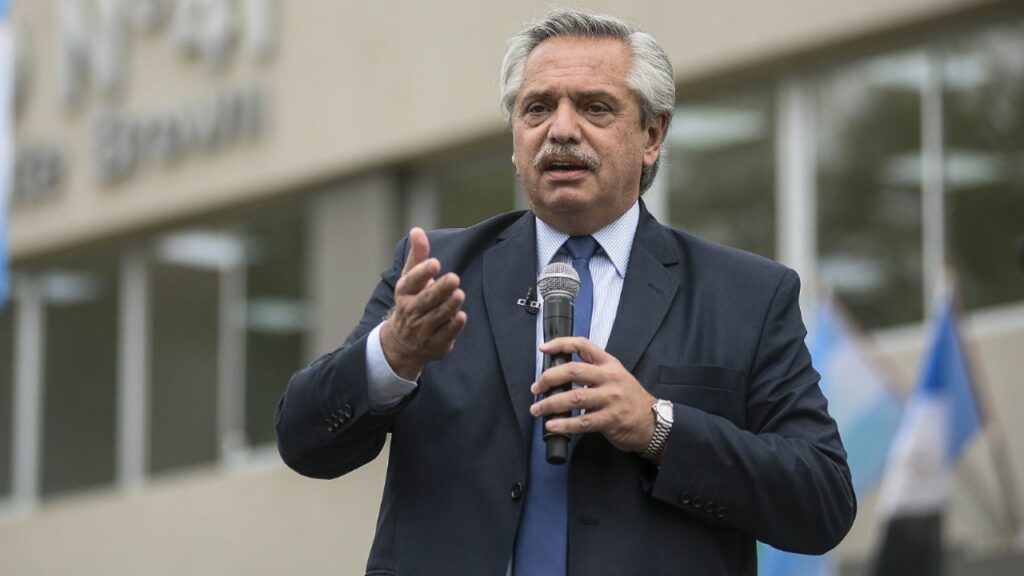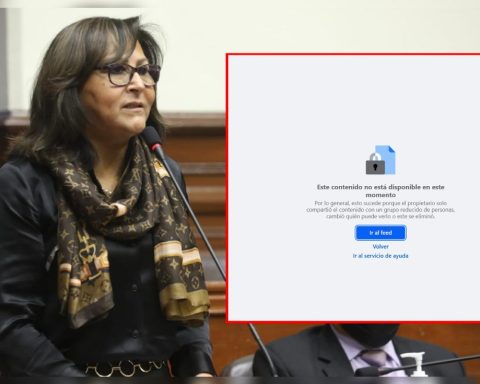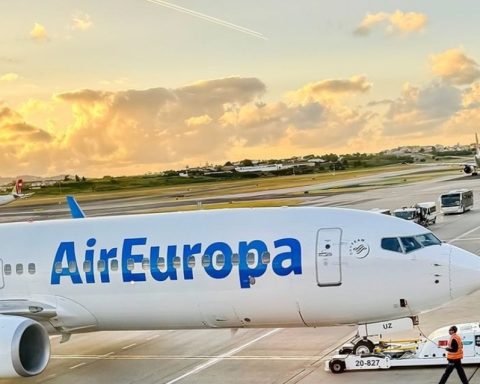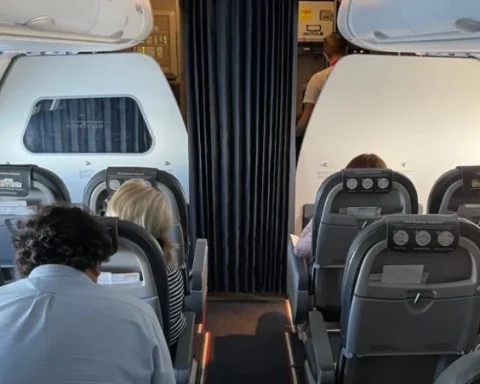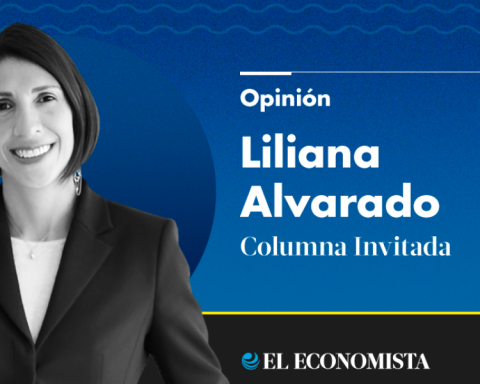Organizations and analysts maintain that no country can “suspend” or “hinder” the process in the International Criminal Court (ICC) that investigates Venezuela for possible crimes against humanity
The possibility that Colombia withdraws its complaint against Venezuela before the International Criminal Court (ICC), filed on the occasion of the 2017 anti-government protests, has no legal implication on the ongoing investigation, explain specialists consulted by the Voice of America.
Days ago, when asked in an interview by the news agency Bloombergthe new ambassador of Venezuela in Colombia, Armando Benedetti, raised the possibility of withdrawing the request before the Court in The Hague. “I would think so. What Duque did was a gross error in foreign relations,” Benedetti replied.
Ali Daniels, a lawyer specializing in international law and director of the organization Access to Justice, explains that, being in the investigation phase, a possible withdrawal of the referral by Colombia has no significance, for which he values the diplomat’s statements Colombian as “political and not legal”.
Sara Fernández, advocacy coordinator for the Cepaz organization, affirms that the fact that one of the States that reported the situation withdraws is “symbolic.”
“The legal impact it has is null in the investigation that is going to continue and it is going to be the prosecution that is going to continue establishing the lines of investigation. It has a political effect of demonstrating that Colombia is not supporting the investigation”, explained the lawyer specializing in international law.
For Emilio Figueredo, lawyer and professor of international law, this is a “bad sign” regarding the verbal radicalization of the Colombian president, Gustavo Petro.
The International Committee against Impunity in Venezuela (Ciciven), assured that Benedetti’s statements were “misleading and contradictory” that they are no more than a “political ruse, without legal implications.”
“President Petro will have to clarify if he shares the criteria of his ambassador Benedetti or if he spoke on his own and not on his; Benedetti contradicts what President Petro has up to now maintained in terms of judging crimes,” the committee continued in a statement released on Monday.
In February 2018, on its own initiative, the ICC prosecutor’s office opened a preliminary examination called the Venezuela I case, related to the events that occurred in the country starting in April 2017, when massive anti-government protests were registered that were repressed by the state security forces.
That same year, the governments of Colombia, Argentina, Chile, Paraguay, Peru and Canada, all States party to the Rome Statute, “decided to refer” the situation in Venezuela to the ICC prosecutor, a fact that experts value as “a gesture” of support for the actions of the former prosecutor of the international court, Fatou Bensouda.
In November 2021, the ICC prosecutor announced its decision to open a formal investigation of Venezuela for alleged crimes against humanity and signed a memorandum of understanding with the State based on the principle of positive complementarity established in the Rome Statute.
At the beginning of this year, in joint statements with President Nicolás Maduro, during an official visit that was only made public at the end of it, the ICC prosecutor, Karim Khan, announced that he had agreed with the Venezuelan State to open an office of the prosecution in Venezuela.
The Maduro government initiated a series of “reforms” in the justice system that, according to various sectors, would not have promoted the presence of impartial or independent courts.
Current status at the ICC
In April, the ICC prosecutor’s office notified that it will ask the court’s Pre-Trial Chamber to authorize the resumption of its investigation for alleged crimes against humanity committed in Venezuela, “under article 18 (2) of the Rome Statute.” .
The Venezuelan State had requested a postponement of the investigation, objecting that “it is investigating or has investigated its nationals or others within its competence regarding alleged punishable acts against human rights in accordance with the information provided” in December of last year.
Khan, the ICC prosecutor, argued that Venezuela did not “attach supporting material” and instead referred to the “nine reports it had previously submitted to the prosecution since 2020 during the preliminary examination of the situation.” Currently, the prosecutor is expected to introduce the formal request for the continuation of the investigation.
“Explaining what evidence you have so far, what possible crimes you want to investigate; right now we are at the moment in which the prosecutor told the room that he is not going to inhibit himself, but he has not yet introduced the formal request to continue with the investigation, ”says Fernández.
In addition, the specialist emphasizes that neither the Rome Statute nor the Rules of Procedure and Evidence, an instrument that regulates the process, establish a time for the prosecutor to present the document.
“But we have heard from both the prosecutor and the deputy prosecutor that they want to do it as soon as possible, so we are waiting for it to be done this year or at the beginning of next year because what they notified is that they want to do it as soon as possible. possible,” he says.
In his opinion, when the prosecutor introduces the brief, there will be more information on how the prosecutor sees the investigation, that is, on what he considers to be the crimes that should be investigated and on the context in which he believes the crimes against humanity occurred.
“That is going to be interesting for everyone because until now we have not obtained any information since the opening of the investigation was notified last year,” he said in a conversation with VOA.
The Venezuelan government initiated a series of “reforms” in the justice system that, according to various sectors, do not alter “the fact that there are no impartial or independent courts in Venezuela.”
Post Views:
383
